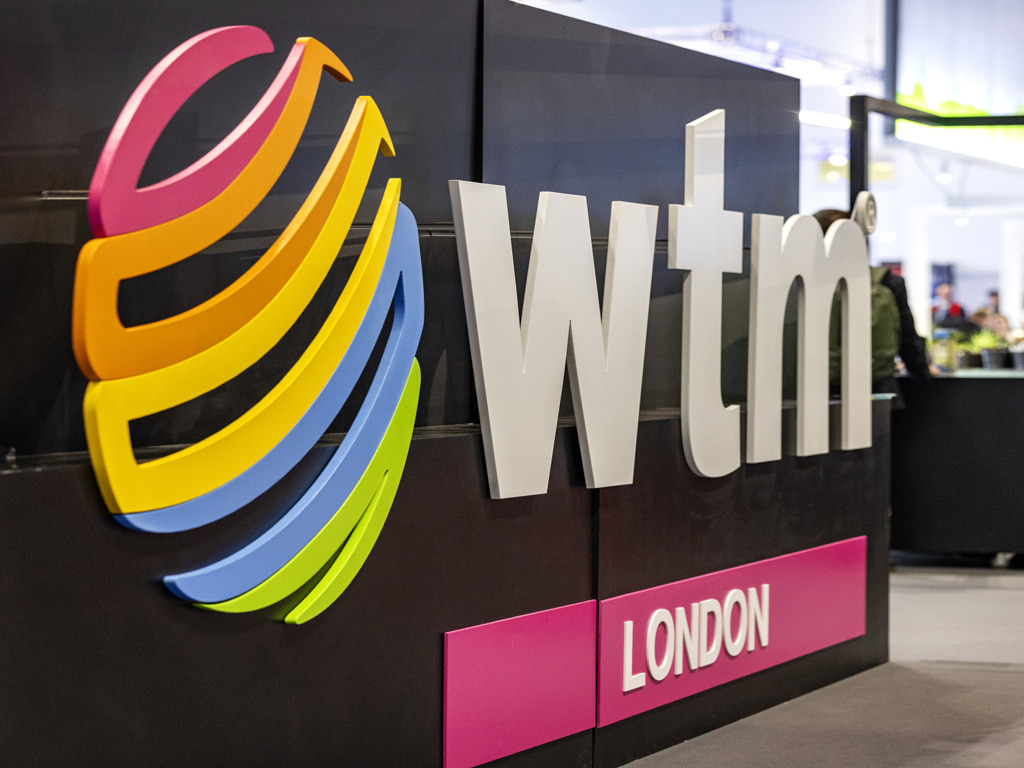Gigtripping, the search for authentic experiences and AI are just some of the trends fuelling the booming growth of the travel sector, says the World Travel Market Global Travel Report.
The report, unveiled as WTM opened, reveals that the travel industry is set to grow at a faster pace than the global economy over the next 10 years. Research was conducted by Tourism Economics, an Oxford Economics company and a leading global economic forecaster and provider of quantitative analysis. It shows that over the next decade, the industry is on track to post annual growth of 3.5%, surpassing global economic growth of 2.5% per year over the same period. By 2035, the travel industry is expected to generate more than $16 trillion globally, representing nearly 12% of global GDP.Driving the growth is a shift in consumer behaviour, with people across the globe continuing to prioritise spending on travel, reveals the report. How we are travelling is changingIn 2025, global travel has bounced back from the economic turndown following the pandemic, reaching new record levels. “International arrivals are set to increase to more than 1.5 billion this year, surpassing the previous record achieved in 2019.”Staying longer in a destination has become increasingly popular, reversing the prior trend of taking more but shorter trips. “This shift is particularly notable in the Middle East where trip lengths have increased by around two-thirds compared to 2019,” says the report. The increased prominence of Saudi Arabia and significant investment in the infrastructure across the region may be among the reasons visitors are choosing to stay longer in this part of the world.Also causing a change of behaviour among consumers are climate considerations. Factors, such as excessive heat and wildfires, has seen an emerging trend of shifting demand from the peak summer season to shoulder or off-season periods. This has also sparked the trend of ‘cool-cations’ with travel to some Nordic countries—Sweden, Norway and Finland—expected to grow by 9% in 2025, outpacing more traditional summer destinations. Where we are going is the same yet differentBucket list destinations are set to remain popular, with the top 50 urban destinations poised for a 20% growth in international arrivals over the next five years, with Dubai and Bangkok leading the charge. The report also reveals that, as travelers look for new experiences and value for money, alternative destinations are becoming increasingly popular, with Albania and El Salvador showing growth in recent years.Gigtripping is experiencing an encoreOne of the big trends for 2024 shows no sign of slowing down, with the role of big events, such as Taylor Swift’s Eras Tour, a driving force in travel decisions. “Live events, including sport and music events, feature prominently within this growth area. According to Allied Market Research, the live events industry is set to grow by nearly 6% per year over the next five years, outstripping expected industry-wide growth. Destinations are actively encouraging major touring artists to host events in their cities following the successes of a series of high-profile concerts.”Getting deep and personalThe quest for culturally-rich offerings, including meeting locals and sampling regional food and drink, is causing the industry to focus to reshape its operations, with more focus on handcrafted experiences and storytelling. “Today’s travellers are increasingly seeking more unique experiences and authentic engagement with local communities,” reveals the report. “This is also causing other shifts in behavior as more travellers pursue less crowded destinations, with shifts in seasonality in some parts of the world.”Tech is a force for changeTechnology is increasingly helping with crafting personalized and meaningful travel experiences. Instant messaging platforms, such as WhatsApp, are helping businesses provide customized and localized information. Travel apps are also gaining prominence with immersive services and digital platforms playing a crucial part in the visitor journey, from dreaming and planning to booking. AI tools, meanwhile, have become more vital in providing personalized experiences. Increased digital automation in transport hubs, with biometrics and smart security systems, means a faster and more seamless process when travelling. In short, AI has quickly become a major driver of demand, with three times as many travel professionals saying AI tools will help to increase, rather than decrease, overall travel spend.More choice brings more reasons to travel Increasing capacity across air and cruise travel and accommodation is also helping to fuel growth. Airline expansion has continued at pace in recent years, with over 15,000 new aircraft on the orderbooks with Boeing and Airbus. The cruise industry has also shown rapid growth since the end of the pandemic, with global cruise passengers set to surpass 38 million in 2025. There are 15 new vessels expected to launch by the end of the year, and new brands entering the market, including AROYA cruises for the Arabian market. Meanwhile, in the lodgings sector, 2025 is set to be another strong year of expansion too, with over 500,000 new hotel rooms across the globe are expected to open during the year with a further one million rooms under construction.Finally…It’s not all good news, warns the report. While there are prospects for growth in most regions, the immediate outlook in North America is “less optimistic”, with inbound arrivals to the United States set to decrease 6% in 2025 – meaning that 2019 peak levels are unlikely to be regained until 2029. “While the outlook for travel is strong, economic and geopolitical headwinds are an immediate concern. New trade tariffs announced by the Trump administration are adding to business costs and are now passing through into higher consumer inflation, which is undermining income and spending power. Ongoing uncertainty about the level of tariffs being imposed poses headaches for the industry in the near-term.” -TradeArabia News Service
Travel, Tourism & Hospitality
Authentic experiences, AI insights fuel travel sector growth: WTM report

